I enjoyed Jaap Robben’s earlier novel, You Have Me to Love. Like that book, Summer Brother (translated from Dutch by David Doherty) is narrated by a boy who has to adapt to a new family situation. In this case it’s 13-year-old Brian Chevalier, who lives in a caravan with his divorced father Maurice. Life isn’t easy: Maurice will do what it takes to get by, which leads to frequent absences, a certain reputation, and pressure from the landlords to settle his debts.
Brian has a severely disabled brother, Lucien, who lives in an institution. At the start of the novel, Maurice is asked if he’ll take Lucien home for the summer while the institution is being renovated. He’s not keen at first, but soon changes his mind on learning that he’ll be paid for the trouble.
Brian then has to learn to live with and care for his brother, who’s unable to speak. There’s always a risk that a character like Lucien will exist for the edification of others, rather than being allowed their own dignity. I think Robben largely avoids this, though Summer Brother is definitely Brian’s story rather than Lucien’s.
Something I particularly like is the way that Brian can’t process or articulate the emotional changes he’s going through. We see him become more compassionate towards Lucien as he spends more time with him, and Brian even starts to have a crush on Selma, a girl living at the institution. But Brian doesn’t explain the changes it his feelings, if he even notices them all. In that way, Robben puts Brian in a position analogous to Lucien’s, of not being able to express his innermost thoughts. It’s quite touching to see Brian grow so close to Lucien.
Published by World Editions.
Read my other posts on the 2021 International Booker Prize here.
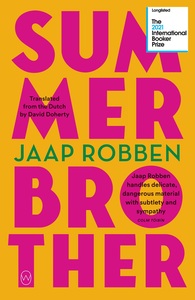

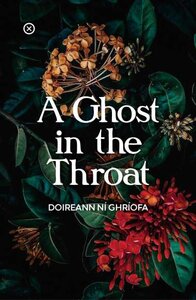
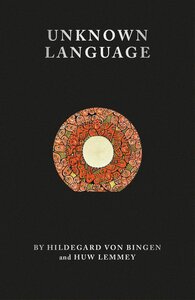
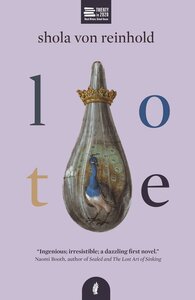

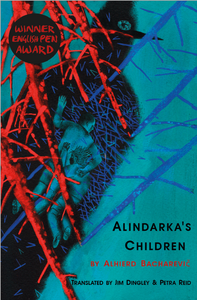
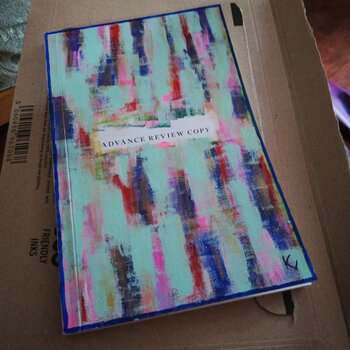
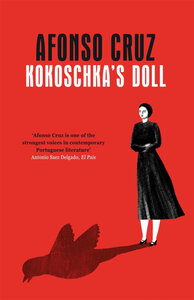

Recent Comments